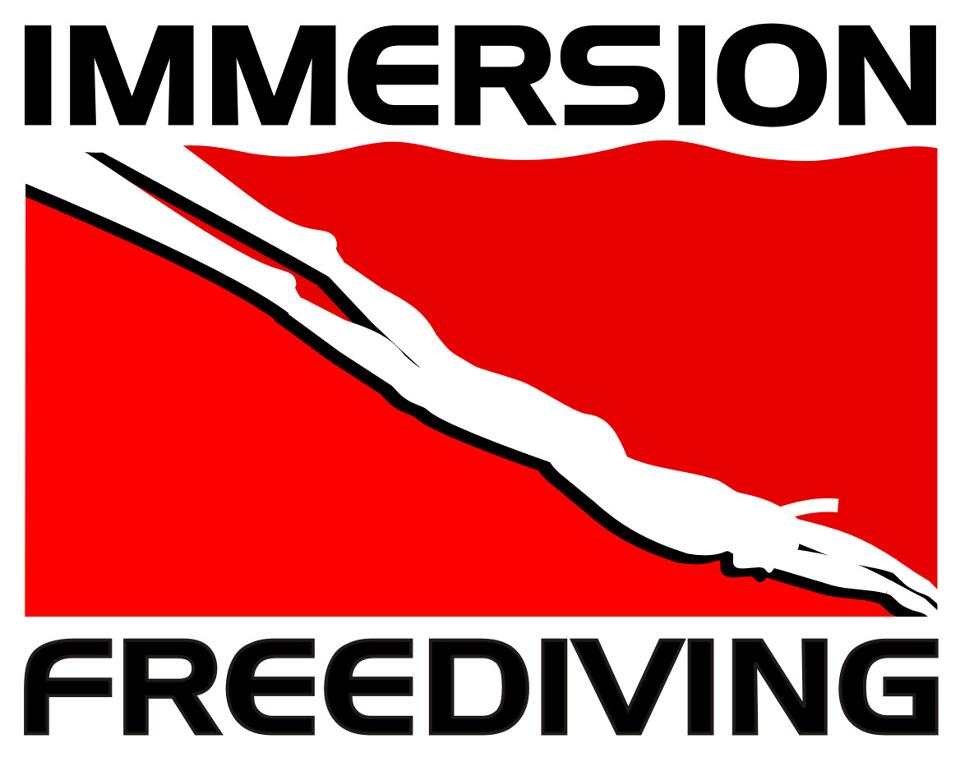I wouldn’t describe myself as a cynic. However, it would be fair to say that I can be a bit skeptical when it comes to products or services offering dramatic results in a short amount of time.
I grew up scuba diving, and am very confident as a swimmer. I have spent a lot of time on and in the water, either running to and from the Bahamas, fishing, or lobstering/spearing. Because of my comfort level on the water, I didn’t think there was going to be anything revolutionary in the freediving course. I felt confident that I could simply spend more time in the water, continue to practice holding my breath, and eventually I would reach deeper depths and more bottom time.
I came into the course with a static apnea of 2:30 and could dive to about 40 feet. However, those 40 foot dives were a strain. My “training” simply involved more static apnea session on the couch trying to get a longer breath hold. I changed nothing about the actual dive itself. I thought the key to this whole sport was being able to hold your breath the longest. I had no idea that the initial entry, kicking form, and pace played such a critical role. I also had no idea how close I was to blacking out, or having a loss of motor control when surfacing from those straining dives.
At the end of the day, this course is not a magic trick, or quick tip/secret. In Ted’s own words, if you want 10 more seconds on the bottom, swim straight down rather than at an angle (something I had never done before). However, if you want to completely break down, and subsequently rebuild, the way you dive, breath, and prepare, then this course is for you. It seems like a short amount of time, but there is a lot of work to put in over those three days. The results you achieve are going to be solely dependent on how hard your work in the course, and your willingness to listen and change everything about your diving. If you put in the effort you will be rewarded with the results.
In the pool session I maxed out the course with a static apnea of 3:30. By the end of the second ocean session Ted had gotten all of us to 66 feet (max for the course), and those dives were a breeze. Coming in, I expected the breath hold on a 66 foot dive to be an issue. I was surprised by how calm and easy those dives became. Ted provides his students with all the tools needed to enter the dive in a relaxed state, and take down much more oxygen than you have ever been able to before.
One of the greatest benefits to this course may seem obvious, but is still worth noting. It is invaluable to be surrounded by a group of like minded individuals who are interested in the sport, and also want to dive safely. I can’t tell you how many times my friends, family, or co-workers would say, “Oh, you mean like snorkeling,” when I tell them about freediving. It was awesome to share the experience of this course with the group. The ups, downs, struggles, and successes were all collaborative, and it was just as exciting when the entire group hit 66 feet, as when I hit it personally. I also now feel plugged in to a new community of like-minded freedivers, which I did not have access to prior to the course.
Consider this to be my long-winded, and emphatic endorsement of Immersion Freediving. I will absolutely be harassing friends and family members involved in the sport to take the course, and hope to take the intermediate course in the next few years. I did a lot of research on various courses around Florida, and am very glad I decided to work with Ted Harty and Immersion Freediving. I would recommend this course to anyone who asks. It was an incredible experience, and Ted is an awesome instructor.
Ben Crayton Sept 2015 4 day PFI Intermediate Course
